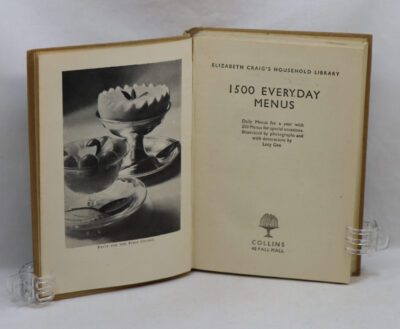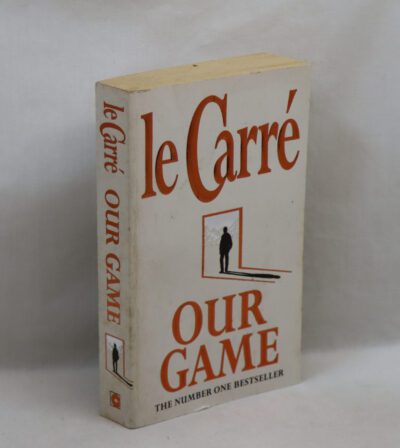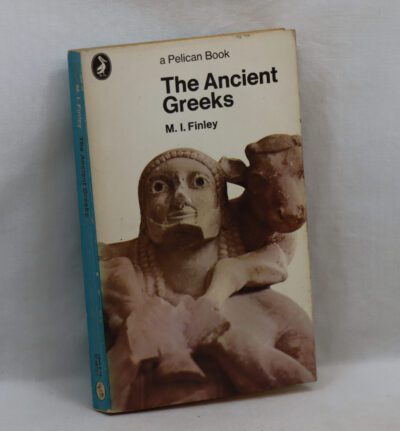Pudd'nhead Wilson.
By Mark Twain
ISBN: 9780520398108
Printed: 1974
Publisher: The Heritage Press. Avon, Connecticut
| Dimensions | 19 × 27 × 3 cm |
|---|---|
| Language |
Language: English
Size (cminches): 19 x 27 x 3
Condition: Fine (See explanation of ratings)
Item information
Description
In a fitted box. Brown binding with street image. Dark brown title on the spine.
F.B.A. provides an in-depth photographic presentation of this item to stimulate your feeling and touch. More traditional book descriptions are immediately available.
A truly lovely book
Pudd’nhead Wilson (1894) is a novel by American writer Mark Twain. Its central intrigue revolves around two boys—one, born into slavery, with 1/32 black ancestry: the other, white, born to be the master of the house. The two boys, who look similar, are switched at infancy. Each grows into the other’s social role.
The story was serialized in The Century Magazine (1893–1894), then published as a novel in 1894.
Samuel Langhorne Clemens (November 30, 1835 – April 21, 1910), known by his pen name Mark Twain, was an American writer, humourist, entrepreneur, publisher, and lecturer. He was praised as the “greatest humourist the United States has produced”, and William Faulkner called him “the father of American literature”. His novels include The Adventures of Tom Sawyer (1876) and its sequel, Adventures of Huckleberry Finn (1884), the latter of which has often been called the “Great American Novel”. Twain also wrote A Connecticut Yankee in King Arthur’s Court (1889) and Pudd’nhead Wilson (1894), and co-wrote The Gilded Age: A Tale of Today (1873) with Charles Dudley Warner.
Twain was raised in Hannibal, Missouri, which later provided the setting for Tom Sawyer and Huckleberry Finn. He served an apprenticeship with a printer and then worked as a typesetter, contributing articles to the newspaper of his older brother Orion Clemens. He later became a riverboat pilot on the Mississippi River before heading west to join Orion in Nevada. He referred humorously to his lack of success at mining, turning to journalism for the Virginia City Territorial Enterprise. His humorous story “The Celebrated Jumping Frog of Calaveras County” was published in 1865, based on a story that he heard at Angels Hotel in Angels Camp, California, where he had spent some time as a miner. The short story brought international attention and was even translated into French. His wit and satire, in prose and in speech, earned praise from critics and peers, and he was a friend to presidents, artists, industrialists, and European royalty. Initially an ardent American imperialist who spoke out strongly in favour of American interests in the Hawaiian Islands, he later became vice-president of the American Anti-Imperialist League from 1901 until his death in 1910, coming out strongly against the Philippine-American War.
Twain earned a great deal of money from his writings and lectures but invested in ventures that lost most of it—such as the Paige Compositor, a mechanical typesetter that failed because of its complexity and imprecision. He filed for bankruptcy in the wake of these financial setbacks, but in time overcame his financial troubles with the help of Standard Oil executive Henry Huttleston Rogers. He eventually paid all his creditors in full, even though his bankruptcy relieved him of having to do so. Twain was born shortly after an appearance of Halley’s Comet, and he predicted that he would “go out with it” as well, dying the day after the comet made its closest approach to Earth.
Want to know more about this item?

Related products
Share this Page with a friend












